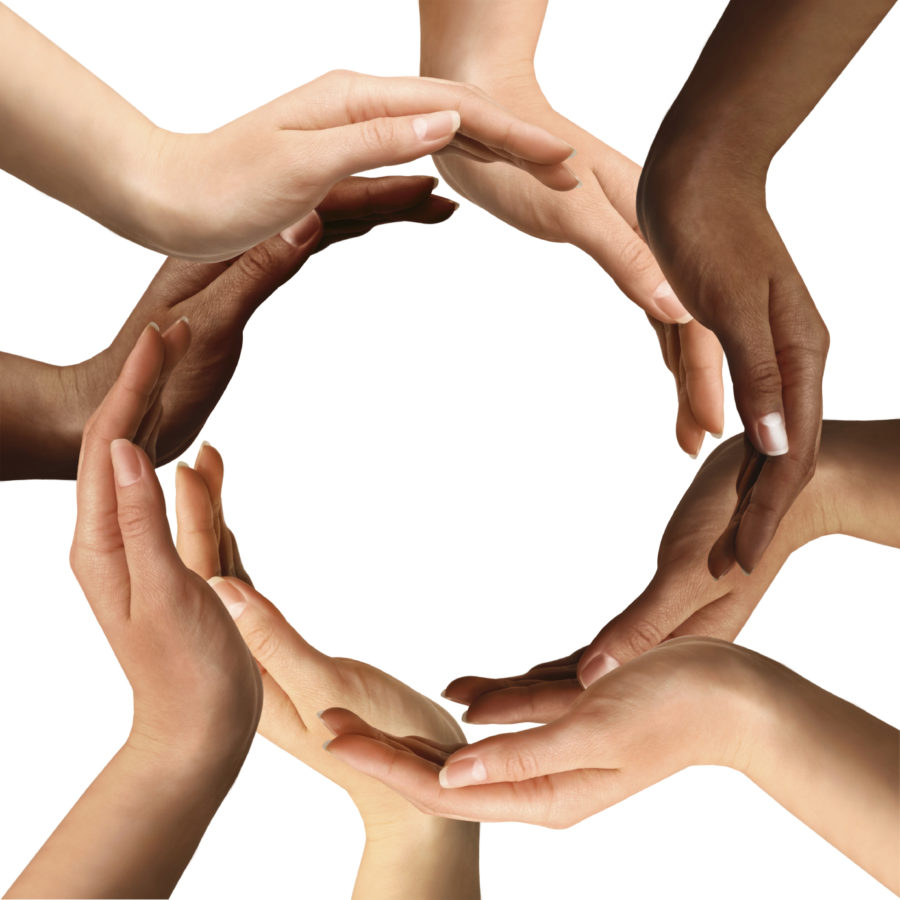Suza: The Browning of the United States of America
Columnist Walter Suza examines the “browning of America” as encouragement to support racial equality in the midst of a society where racism has not been abandoned for the better.
May 21, 2020
Editor’s Note: This is the second of a collective series conducted by Walter Suza.
In certain parts of Asia, people protect themselves from the sun to avoid getting a tan. In the United States, white people consider tanned skin more attractive.
Ironically, the intentional Browning of skin by white people is acceptable, yet race and skin color create contentious debates across the world. Whether in the United States or beyond, to be perceived as Black or Brown can feed into racism.
I like to think of racism in the United States as a giant beast that roams our nation trampling the Declaration of Independence. The beast is unstoppable until we have named it correctly. However, like “The Blind Men and the Elephant,” many of us can only imagine what the beast might look like.
Last Saturday, three white men attacked DarQuan Jones in South Des Moines and yelled racial slurs at him. Jones suffered multiple facial injuries from the attack. The incident led Kameron Middlebrooks of the NAACP Des Moines branch to label racism “an invisible disease.”
Many of us are blind to racism; we fail to conjure the correct image of the giant beast.
More than ever, we must work together to join all the parts of the “elephant” we have perceived individually— naming racism will help stop racism.
The limited awareness of racism comes from numerous factors, such as existing prejudice in our homes, places of work and worship, society and within our own subconscious. To cultivate the awareness to “see” racism more broadly requires courage and a willingness to engage in civil discourse with those who have experienced racial prejudice and discrimination.
Systemic racism against Black people has prevailed since the arrival of enslaved Africans on the shores of Virginia in 1619. Acts of violence including the killing of unarmed Black people cast a shadow over our hard-won constitutional freedoms.
Numerous racial barriers continue to trap Black people in poverty and suffering. The impact of the coronavirus pandemic on communities of color adds to the writing on the wall of racial inequality in the United States.
Although Black people played an essential role in building and sustaining this nation, the ongoing demographic shift has fueled conspiracy theories and support for white nationalism.
The fear that white people might become the new minority group in the United States triggers a negative reaction to increasing diversity. Perhaps that fear influenced the implementation of an inhumane response to the influx of migrants through the Southern border, including the deportation of migrant children during these pandemic times.
The vilification of migrant workers is unfortunate because they have never been the majority in any industry or job and receive much lower earnings than white people. In fact, in the United States, economic success is more likely if you are white.
In spite of the devastating toll, the COVID-19 pandemic has allowed visibility of the often-ignored linchpin of the U.S. economy — people of color in service positions. These underrated essential workers are working in high-risk jobs to support the economy. I hope our nation will choose to honor these members of our society.
We honor each other by recognizing our shared humanity, which allows us to open our hearts to those different from us.
I am hopeful that we the people in these United States will seek to embrace our diversity and welcome all shades of skin to share this land in harmony.
The Browning of the United States is not a threat. It is the path to making this nation a more perfect union.

















